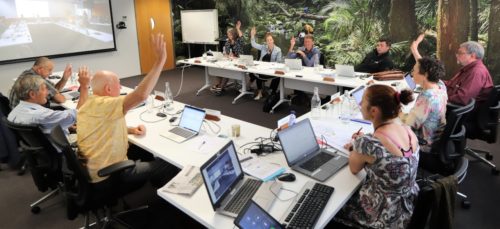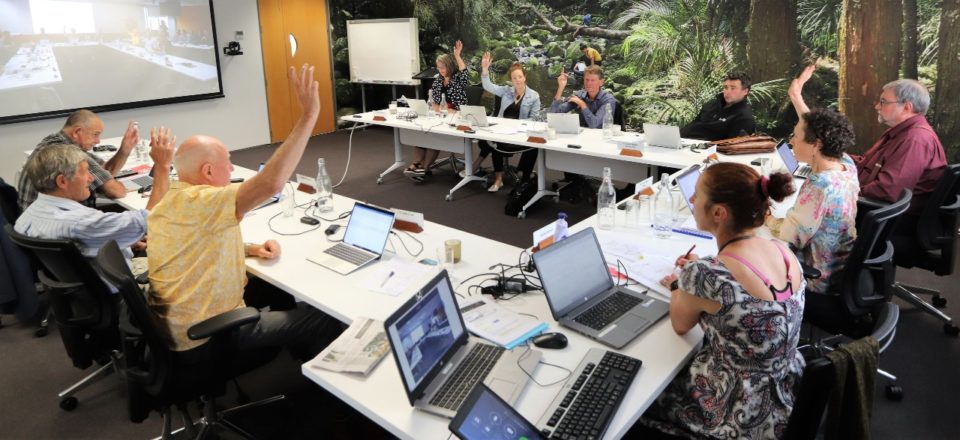Different forms of electorates and wards for Maori representation have been mooted and tried since 1850 without success. One of the requirements of the Local Government Act 2002 and the Local Electoral Act is for councils to review their representation every six years, based on good knowledge of the community they represent.

And option for enhancing representation is setting up Maori wards or constituencies, to address what is generally believed is poor representation of Maori around council tables. At present, three councils out of 78 have such wards/constituencies: Wairoa District Council and both the Bay of Plenty and Waikato regional councils.
Voters in Maori ward/constituency elections must be registered electors on the Maori electoral roll used for parliamentary elections. According to the Electoral Commission website, this means that, as a result of the 2018 Maori electoral option, an average of only 52 percent of Maori would be entitled to vote in a particular Maori ward/constituency election.
Councils are able to access the number of electors in their city/district/region eligible to be registered on the Maori electoral roll. They can then take this into consideration along with knowledge of the iwi [tribe] and hapu [sub-tribe] in their city/district/region and how easily these may be represented by the number of positions proposed for the Maori ward/constituency.
Councils were required this year to give public notice relating to FPP or STV local election option (12 September 2020) and separate Maori representation (23 November 2020). The local Electoral Act also provides a provision for the council vote and decision to be challenged through a petition signed by five percent of local registered voters.
Voting among councils has been varied and contentious. The Northland Regional Council voted yes to the option of Maori constituencies and seats on council. Northland has a significant population of Maori decent compared to the rest of the country and the council held six workshops earlier to better understand the full range of views in relation to the establishment of local Maori representation, and the majority of feedback received during the investigation process supported Maori seats. If a poll is not requested by the community, the council says it will develop an Initial Representation Proposal setting out proposed new constituencies, names and boundaries by 31 August 2021. This would be followed by a period of formal consultation, including the opportunity for public submissions. A final determination would then be made by the Local Government Commission by early April in 2022 which would then apply to both the October 2022 and 2025 Northland Regional Council elections.
In contrast, the Far North District Council will not have a Maori ward at the next local body elections after a vote by the council ended in a deadlock of five votes for and five votes against. The result of an even split in votes means the status quo remains.
Mayor John Carter says the problem at the moment is there is too much misunderstanding and ‘racism’ about the move for an informed decision to be made by the council. It is a decision that should be made by the community, he says, based on the right information.
Among other councils the Whangarei District Council voted by a majority to bring in Maori wards for the 2022 and 2025 local government elections, providing the community doesn’t challenge the decision through a poll.
In some regions the council vote has been challenged by the community. When New Plymouth District Council voted 7-6 for Maori wards in 2014, a petition triggered a referendum in which 83 percent voted against the plan. There have been similar results elsewhere.



